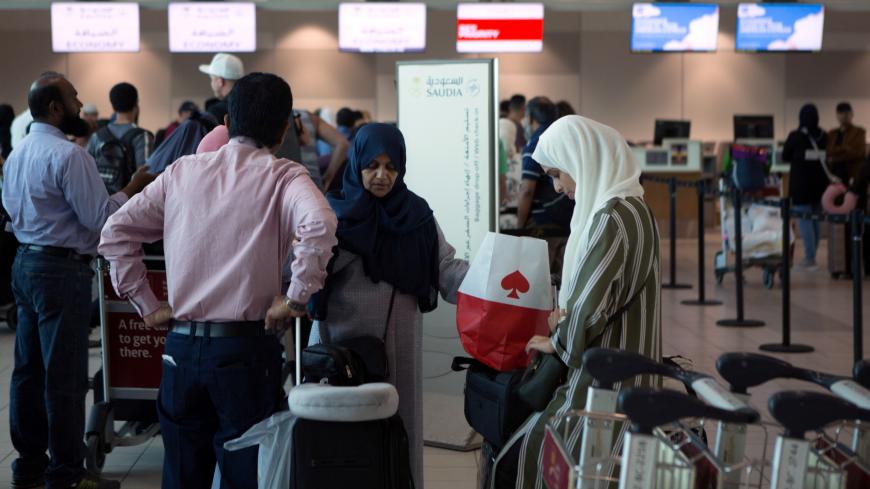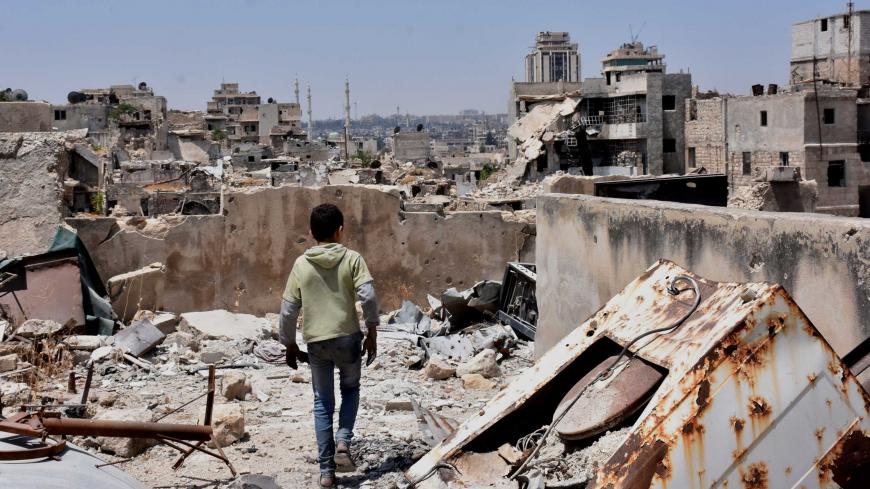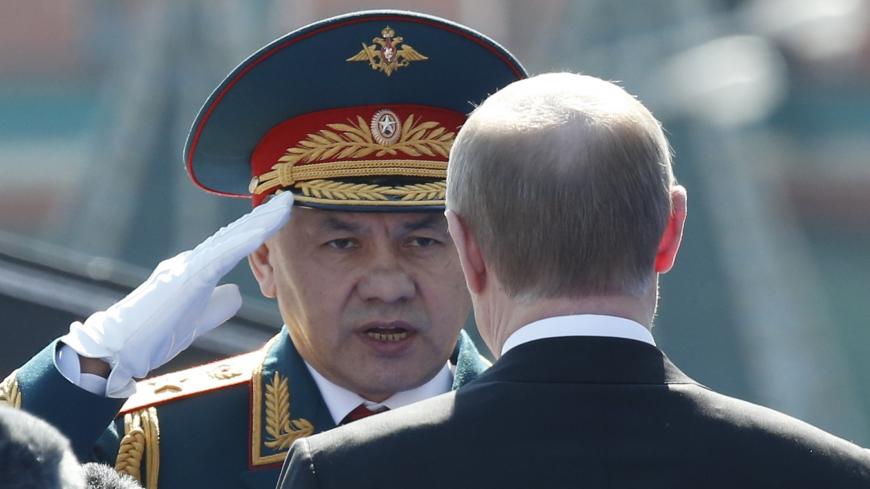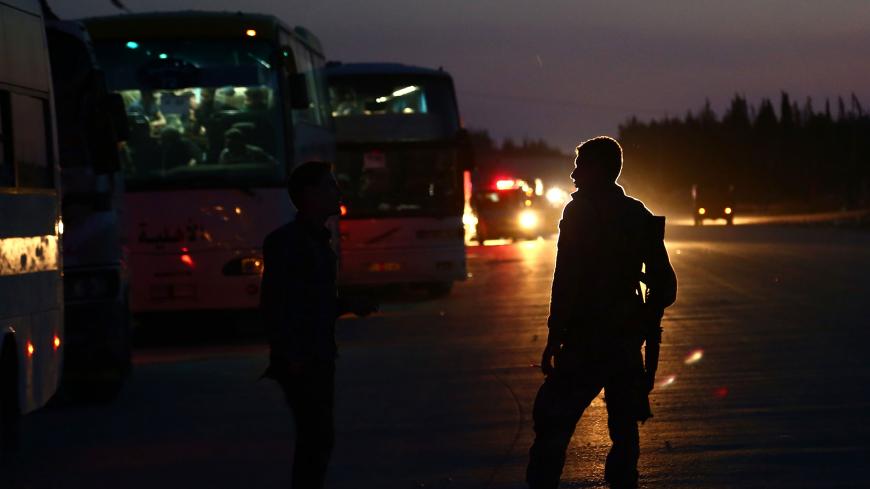US decision to cut aid could be opening for flagging Saudi approach to Syria
Syria stabilization will instead likely depend on Putin’s shuttle diplomacy with Ankara and Damascus.

The Trump administration last week cut $230 million in stabilization assistance for northeastern Syria, instead choosing to rely on “hard contributions” of $300 million from anti-Islamic State coalition partners, including $100 million from Saudi Arabia, as reported by Bryant Harris.
The shift in funding should perhaps spark a broader discussion about how the United States and its coalition partners plan to stabilize, and then reconstruct, northeastern Syria without buy-in from Damascus and Ankara. Old school post-conflict stabilization usually involves a host government partner, and that is not in the cards for Washington as long as Bashar al-Assad is Syria’s president. US-Turkey relations are in free fall because of the Turkish detention of an American pastor and seemingly irreconcilable differences over US support for the Syrian Democratic Forces, which is made up primarily of the People’s Protection Units, which Ankara considers a terrorist organization linked to the outlawed Kurdistan Workers Party.








